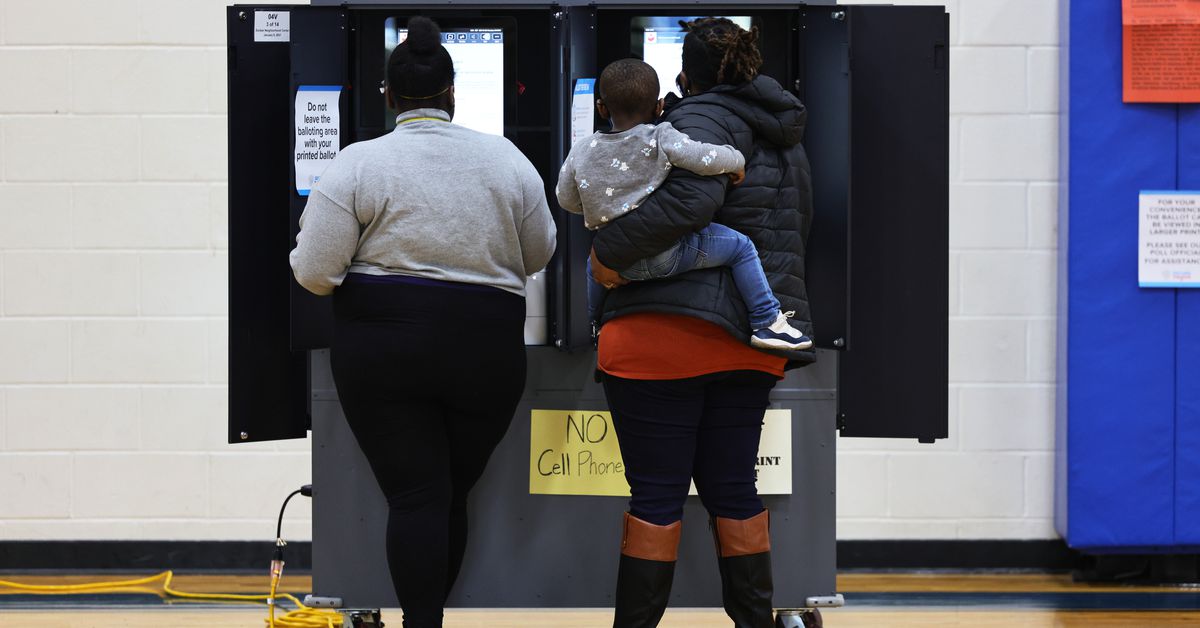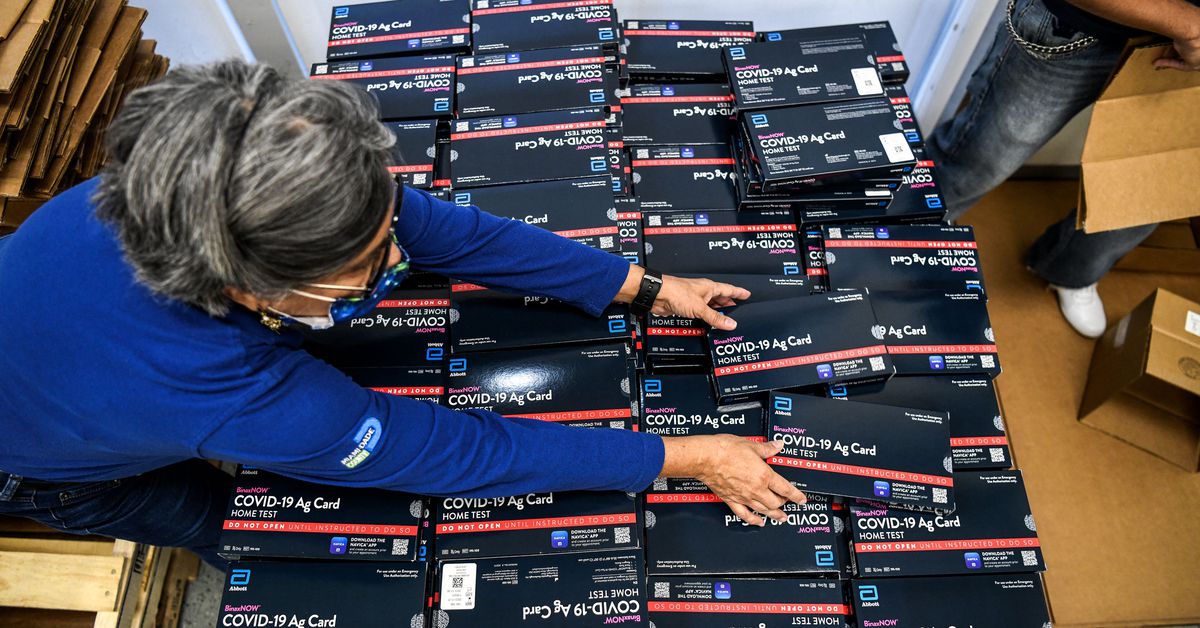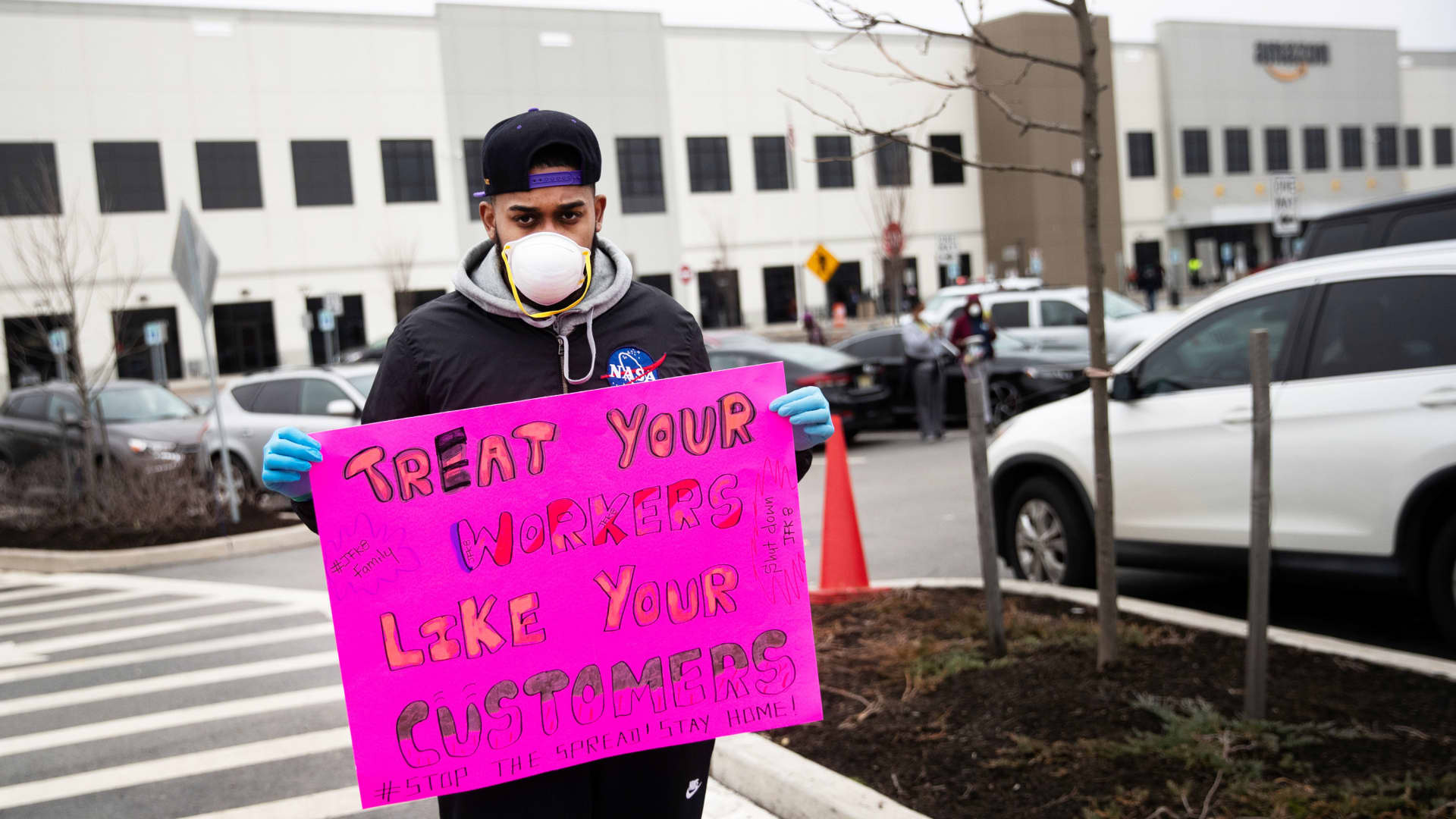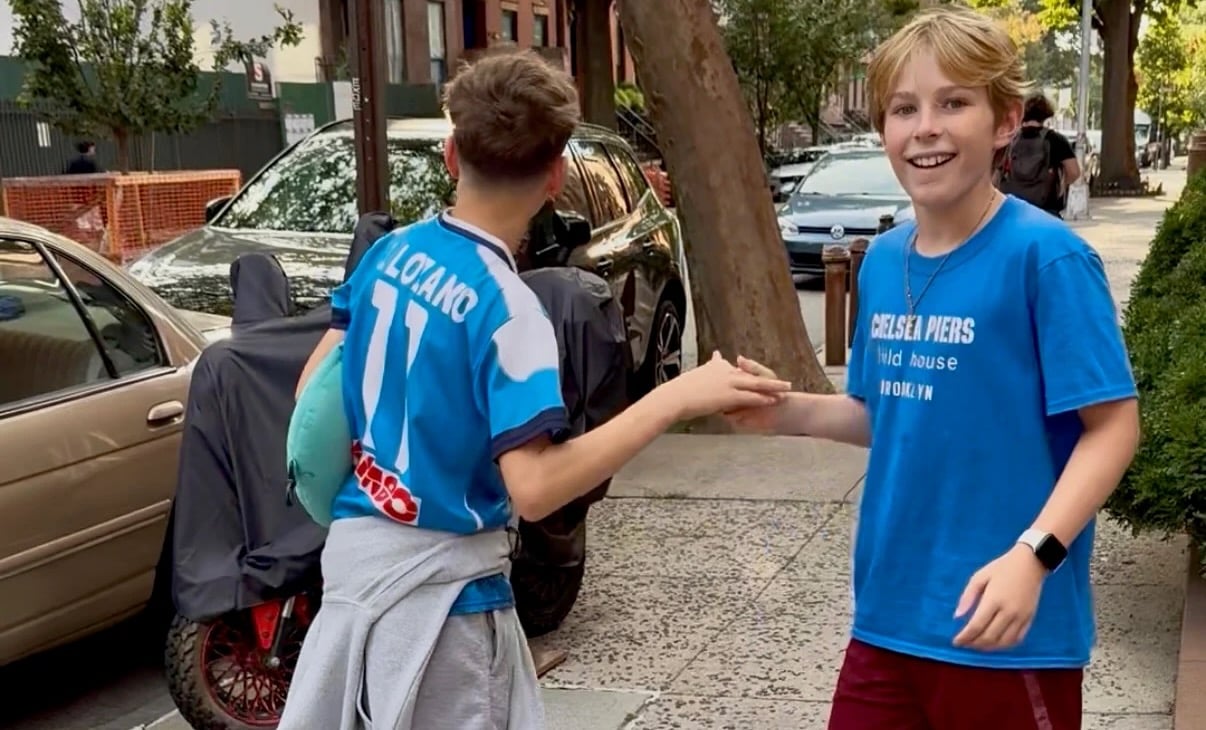Amazon, Apple, Google, and Facebook sign public letter supporting voting rights
Photo by Michael M. Santiago/Getty ImagesAmazon, Apple, Google parent company Alphabet, and Facebook have joined hundreds of corporations, executives, and celebrities in signing a public letter today supporting voting rights and condemning legislation that would “restrict or prevent any...

Amazon, Apple, Google parent company Alphabet, and Facebook have joined hundreds of corporations, executives, and celebrities in signing a public letter today supporting voting rights and condemning legislation that would “restrict or prevent any eligible voter from having an equal and fair opportunity to cast a ballot,” The New York Times reports.
The public letter appeared as a full-page ad in The New York Times and The Washington Post on Wednesday and was organized by former American Express credit card company executive Kenneth Chenault, Merck CEO Kenneth Frazier, and the Black Economic Alliance. You can see an image of the ad, shared by NYT reporter David Gelles, below:
:no_upscale()/cdn.vox-cdn.com/uploads/chorus_asset/file/22443984/Ey7kSH_WEAAaJe_.jpeg) The letter as it appeared in The New York Times and The Washington Post.
Image: The New York Times
The letter as it appeared in The New York Times and The Washington Post.
Image: The New York Times
The text reads:
WE STAND FOR DEMOCRACY
A Government of the people, by the people. A beautifully American ideal, but a reality denied to many for much of this nation’s history. As Americans we know that in our democracy we should not expect to agree on everything. However, regardless of our political affiliations, we believe the very foundation of our electoral process rests upon the ability of each of us to cast our ballots for the candidate of our choice. For American democracy to work for any of us, we must ensure the right to vote for all of us. We should feel a responsibility to defend the right to vote and to oppose any discriminatory legislation or measures that restrict or prevent any eligible voter from having an equal and fair opportunity to cast a ballot. Voting is the lifeblood of our democracy and we call upon all Americans to join us in taking a nonpartisan stand for this most basic and fundamental right of all Americans.
Supporting voting rights is an unfortunately evergreen issue in the US, but this letter is particularly timely because of Georgia’s recently passed SB 202. Georgia’s new bill puts more power over voter eligibility in the hands of Republican state officials and requires voters to provide personal ID when using absentee ballots, among other restrictions. The bill has been heavily criticized by activists, law experts, and other companies like Microsoft, which signed onto today’s letter.
Other companies, like Coca-Cola, Delta, Home Depot, Walmart, and JP Morgan Chase declined to sign the letter, NYT writes. Both Coca-Cola and Delta spoke out against the Georgia law after being threatened with boycotts online.
Statements like these are all fine and good, but when it comes down to it, saying you support voting rights with a national ad is the mega corporation equivalent of reposting a social justice slideshow on your Instagram story. It can raise awareness and give people an idea of where a person or company stands, but it’s only committing to words and beliefs rather than actions. Companies like Apple, Google, Amazon, Netflix, Twitter, Facebook, and every other business signing this letter “vote” with their money. And history has shown that they’re either not willing to spend much — in the case of supporting racial justice — or have reportedly opposed stronger voter protection bills at the federal level.
Several of the companies that signed today’s letter (including Microsoft) are also members of the US Chamber of Congress, the trade association that recently urged senators to vote down a federal voting rights bill that passed in the House of Representatives, writes Sludge (part of the Brick House journalism cooperative). The bill, called the For The People Act or S.1/H.R. 1, aims to guarantee voter protections like automatic voter registration and mail-in ballots, even in states like Georgia with their own restrictive voting limitations.
Where do these companies actually stand, then?

 Hollif
Hollif 
































